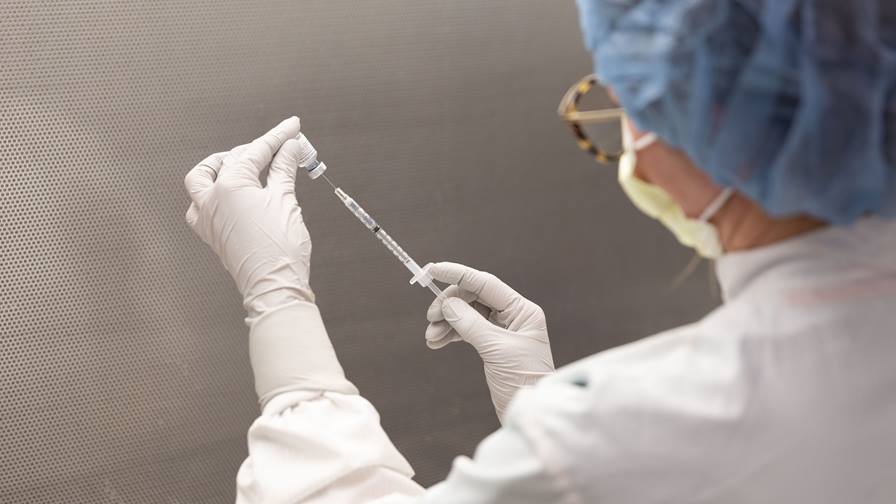
Ongoing Pfizer and Moderna vaccine studies and responses from Intermountain caregivers show that COVID-19 second doses have comparable symptoms to first doses. These symptoms may include injection-site redness, swelling, or pain. Individuals might also experience mild symptoms associated with an immune system response or of the body fighting an infection, such as fatigue, headache, muscle aches, chills, and a low-grade fever. For first and second doses, these symptoms often don’t last longer than a day. Rarely, other adverse events occur such as an allergic reaction to vaccines and associated hives or respiratory distress.
COVID-19 vaccine second doses should be taken on the recommended date or shortly thereafter. It's okay to delay several days or weeks if personal scheduling issues require a delay. However, second doses shouldn't be accelerated or avoided altogether unless medically necessary.
Why second doses are important:
- The first dose of the vaccines creates partial protection and limited immunity. The second, booster dose reactivates “memory” cells that remember the substance in the first dose to respond to and fight the virus. When reactivated the body produces more powerful antibodies, offering better and longer protection.
- Because the second dose offers more complete and extended protection against COVID-19, it could help reduce the spread and therefore mutation of the virus that causes COVID-19.
Make sure to get your second dose for the most effective means for preventing infection and reducing the spread.
If you’re concerned about side effects or need help scheduling your second dose of the COVID-19 vaccine, visit the Caregiver Vaccine page, reach out to your leader, contact Employee Health using this form, or contact AskHR at 801-442-7547 or AskHR@imail.org.

